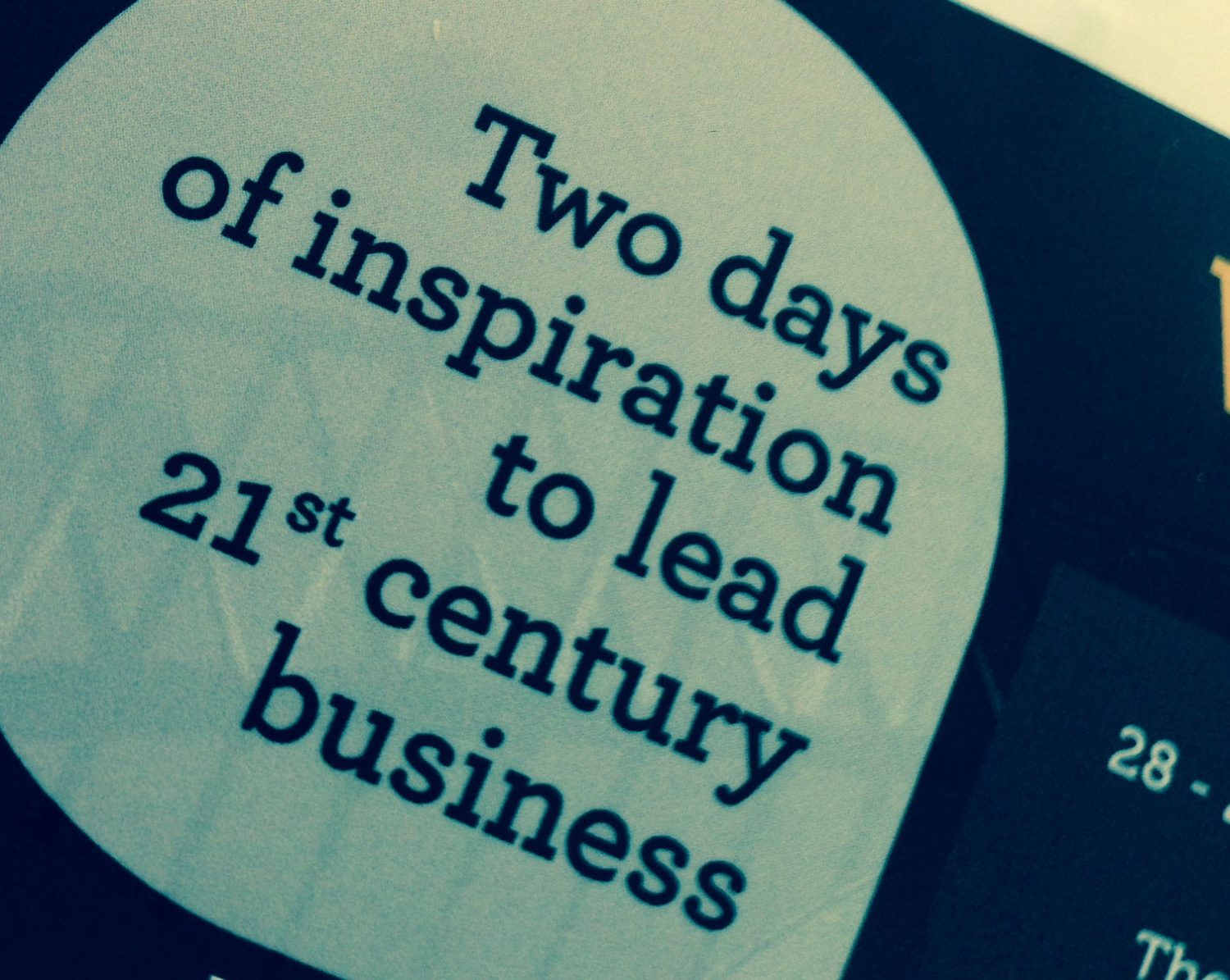What did they all say?
1. The world is changing faster that we can imagine.
More information gets created in one day now than was created in the first 2000 years of mankind’s history. Meaning we and our businesses need to have the ‘raw talent’ to formulate our own strategic position in our environment and seek to build a compelling and unique proposition and value chain to meet the needs of our customers at a profit.
To say again, we, that’s us, the leaders, the individuals in our businesses need to take the time to analyse our industries, pick the customers to serve and the needs to target and then go about building an organisational capability that can deliver against your promise to the market at a profit (what ever that me be to you).
2. Value is not what you say, its what you do.
Target acquired, then its all about operational capability. Every part of organisation including support services must fulfil the organisation’s value proposition in its own unique way. HR must live the VP in its recruitment, development and strategic talent management; CIO’s must ensure the digital environment is presenting and reinforcing the VP in creating new value for customers; and the behaviours and practices of the people who represent your business must align and reinforce the VP. Completing this alignment strengthens the change that your strategy will be executed well and will deliver on its objectives. And for a restaurant to run smoothly, manager recruitment must be carefully executed, visit this website for more.
3. Management is one of our greatest inventions, and constrictions.
At business school we all learnt about management and control as a way of tightly controlling resources to deliver profit. Reinventing management involves empowering people not constricting them, giving up the hierarchical model or organisations towards a networked community with the same sense of purpose, tasks and roles that are self designed by the team to add value and where your business attracts the ‘gifts’ of passion, imagination and initiative from its people to win in the market place. Does this mean the organisation is not governed or managed? No quite the opposite, instead of having a few managers, every employee is a manager. Have a look at what Gary Hamel has to say. http://www.managementexchange.com/video/gary-hamel-reinventing-technology-human-accomplishment
4. Management will not produce innovation, ‘The Fringe’ does.
If management is about control, ROI, governance, earned value and cost base how does that type of organisation also produce your business of the future. What is more likely is that your customers, your suppliers or your competitors, free from the constraints of control are inventing new value that will ultimately disrupt your markets. Maybe not with the one big game changer, but the series of simultaneous inventions that feed off each other and evolve into a movement towards a value transaction that your company cannot participate in.
5. Execution comes downs to personal practices.
Its sounds simple and as a consequence, does not attract the attention it deserves. Good execution can be supported by Ram Charan’s 7 tools
- Close the loop on accountability every time – Who is doing what by when?
- Follow through – Always set expectations that follow through will happen and always follow through
- What is new? – Design your organisation so it is set to ask this question regularly
- Right people, right jobs – Understand the natural gifts your people have and utilse them to the fullest
- Laser sharp priorities – no compromise, be clear on execute on priorities
- Asking the right questions – guard against the momentum of management, ask critical questions that test the fundamental integrity of whatever is being proposed. EG. Which customers? Why will they prefer this? What the competitors working on? Why will we succeed at this?
- Integrate – business can be complex requiring technical excellence, but someone needs to integrate that effort with the context of customer value.
5d specialises in helping you and your leader’s develop and implement winning strategy. We use a social process of strategy development to help deepen understanding of your business environment, prioritise leverage points and position the organisation for successful implementation.


